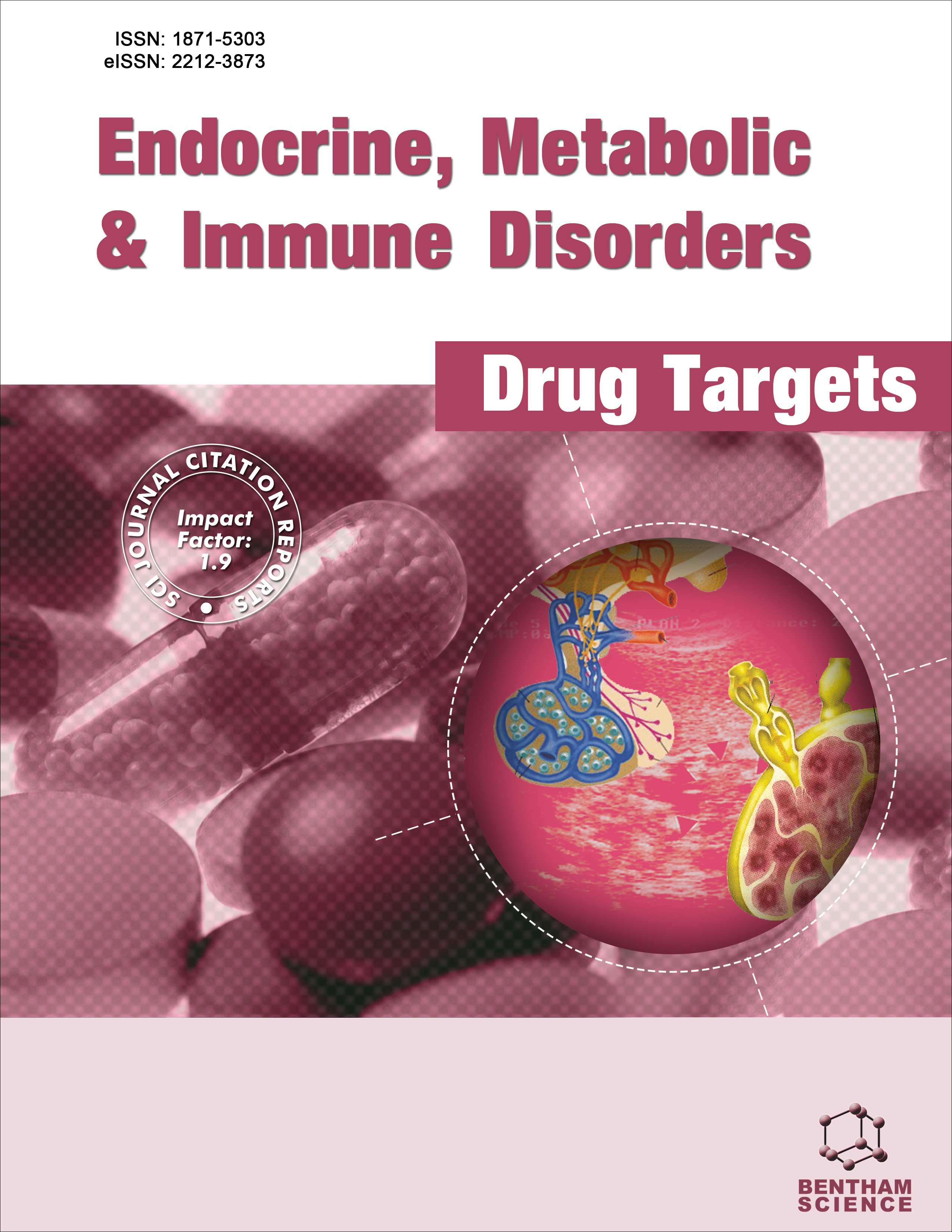-
s Glucocorticoid Analogues: Potential Therapeutic Alternatives for Treating Inflammatory Muscle Diseases
- Source: Endocrine, Metabolic & Immune Disorders-Drug Targets, Volume 12, Issue 1, Mar 2012, p. 95 - 103
-
- 01 Mar 2012
Abstract
Glucocorticoids (GCs) have been prescribed to treat a variety of diseases, including inflammatory myopathies and Duchenne muscular dystrophy for over 50 years. However, their prescription remains controversial due to the significant side effects associated with the chronic treatment. It is a common belief that the clinical efficacy of GCs is due to their transrepression of pro-inflammatory genes through inhibition of inflammatory transcription factors (i.e. NF-κB, AP-1) whereas the adverse side effects are attributed to the glucocorticoid receptor (GR) -mediated transcription of target genes (transactivation). The past decade has seen an increased interest in the development of GR modulators that maintain the effective anti-inflammatory properties but lack the GR-dependent transcriptional response as a safe alternative to traditional GCs. Many of these analogues or “dissociative” compounds show potential promise in in vitro studies but fail to reach human clinical trials. In this review, we discuss molecular effects of currently prescribed GCs on skeletal muscle and also discuss the current state of development of GC analogues as alternative therapeutics for inflammatory muscle diseases.


